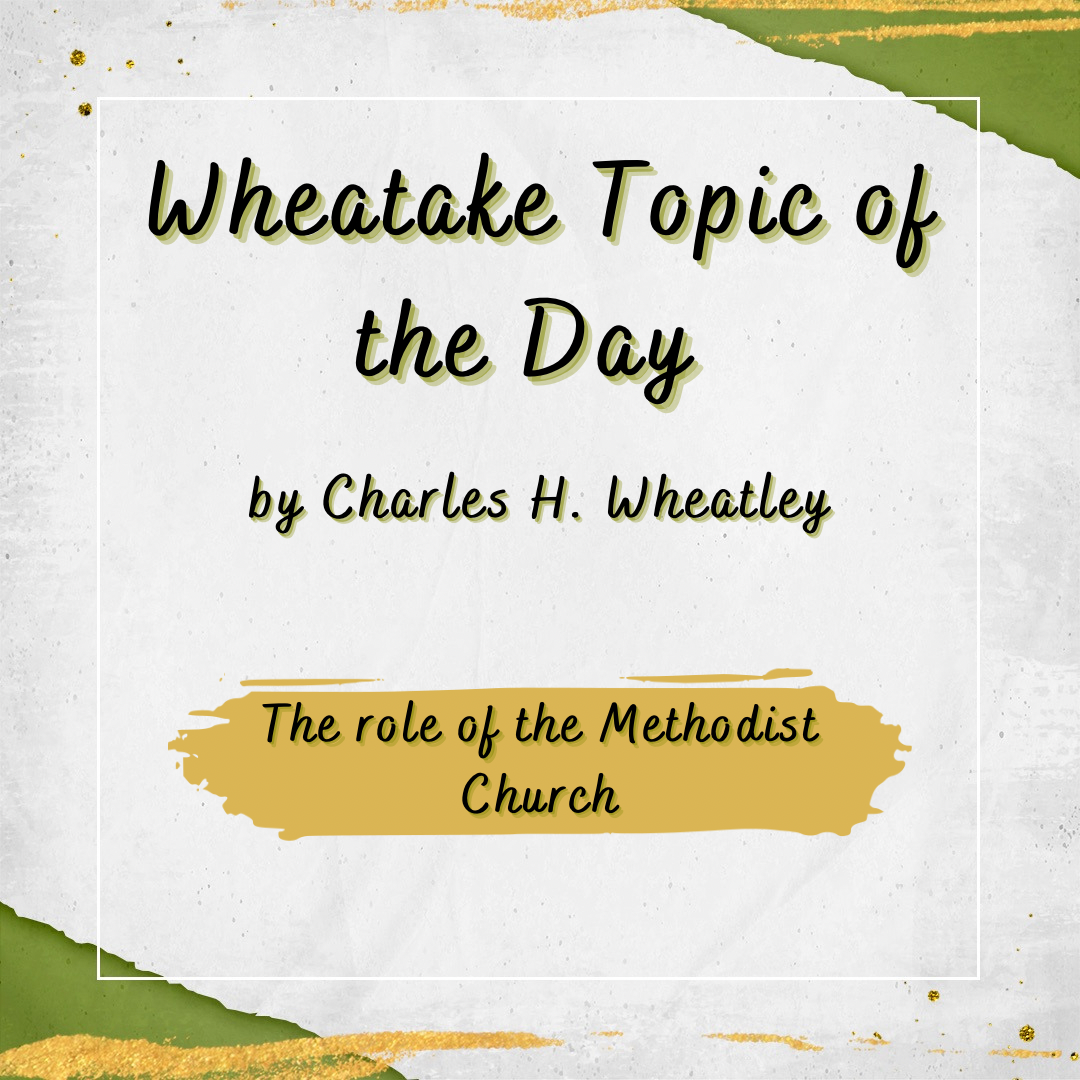
“Wheatake 64” The role of the Methodist Church in the battle for Secondary Education
"Life isn't about finding yourself. Life is about creating yourself."
(George Bernard Shaw.)
The following story is about creating the way for Secondary Education.
Between 1872 and 1956 the B. V. I. was a presidency(political/administrative unit) of the Leeward Islands Federation and the only presidency without a secondary school. The other three presidencies- 1. Antigua and Barbuda 2. St. Kitts, Nevis and Anguilla, 3. Montserrat) had well established secondary schools. This status reflected the minds and intent of the powers that be to relegate the B. V. I. to the status of Cinderella- despied and rejected. Any student pursuing secondary education did so in St. Kitts or Antigua. By the mid 1930's B. V. Islanders decided enough was enough and the battle for secondary education began. Each year the struggle became stronger as more "foot soldiers" joined the battle. The Methodist Minister, Rev. D. S. Ching, who was a member of the Board of Education, Manager of ten Methodist schools, and pastor for eight Methodist congregations supported the move to establish secondary education. He became the voice of the eight congregations representing B. V. Islanders from Anegada to Jost Van Dyke. The B. V. Islands Teachers Association joined the cause and by May 1943 the government established a Senior School, headed by an Englishman, T. D. Green. The school was a far cry from what the people wanted. One publication desribed it as "a venture in the dark," because the curriculum was not designed to provide the level of education which the people wanted. Another source described it as" the greatest error that has been committed with respect to education in the Virgin Islands within recent years. Instead of developing into a distinctive secondary school ... it became a means of perpetuating a system of education which had long been in need of reform. "
The Method Church, the Teachers Association, the Anglican Vestry, the nominated members of the Executive Council all united led by the Methodist minister demanding that the Senior School be upgraded to a full fledged secondary school. That proposal was rejected by the Commissioner who had designed his plan to build a new elementary school and merged it with the Senior School to be named the Road Town School. The Commissioner' plan was to lower the status of the Senior School to the department of a new school, a retrograde step which would take the move for secondary education on downward spiral. The high hand of the Commissioner met with stronger resistsnce demanding a full fledged secondary school.
The protest was so strong that the Goveŕnor of the Leewsrd Islands had to travel from Antigua to address the problem. He met resistance from the nominated members of the Executive Council- H. R. Penn and J. O. Georges. On his way to the courthouse to meet the Board of Education, he ran into a demonstration by citizens led by Stanford Connor. They protested the closure of the Señior School with placards. The Board of Education had a heated debate on the issue with the Methodist Minister, H. R. Penn, and the Teachers Association opposing the Governor's view which supported the Commissioner's plan to close the Senior School. Thr Governor finally agreed to the request for a full secondary school. The battle for secondary education was won. By 1948 the Virgin Islands Secondary School was established, incorporating the Senior School. The new era of secondary education provided in country opportunities for students to complete secondary school at home. For the next twenty years 1948 to 1968 the V. I. Secondary Scool provided secondsry education for a selected group until the government introduced Comprehensive Secondary education with the estsblishnent of the British Virgin Islands High School.
This battle was won because the whole community was motivated to fight for what they wanted and they had passionate leadership. They fought for a cause which was greater than individual gratification, a prime motive of modern day leaders.
The full story will be included in my forth coming book in the Fall.
- Dr. Charles H. Wheatley.
